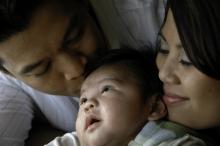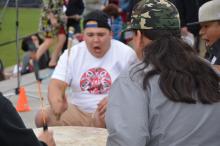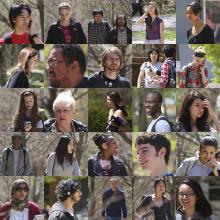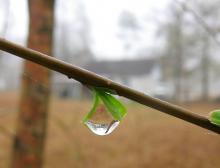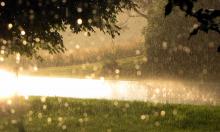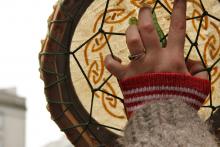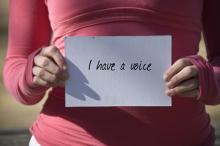We’re happy to say that we’ve rarely been more hopeful after almost a decade of partnership, research, education, mobilization, and advocacy for reconciliation and justice.We’re happy to say that we’ve rarely been more hopeful after almost a decade of partnership, research, education, mobilization, and advocacy for reconciliation and justice.We’re happy to say that we’ve rarely been more hopeful after almost a decade of partnership, research, education, mobilization, and advocacy for reconciliation and justice.

